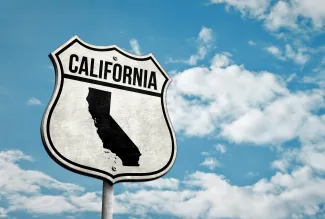
California proposes restricting 'influential' anonymous online speech
(The Center Square) - An influential California state legislator is proposing that social media companies restrict large-scale anonymous online free speech by requiring social media accounts with more than 25,000 followers provide personal identifying information.
Under the proposed bill, California government attorneys would be authorized to sue companies that fail to seek verification, which in the case of users with more than 100,000 followers would require government-issued identification.

Under SB 1228, authored by State Sen. Steve Padilla, D-Chula Vista, social media companies would be required to verify “influential” users with 25,000 to 100,000 followers through their names, telephone numbers, and email addresses. Social media companies would be required to verify “Highly influential” users with more than 100,000 followers via their government-issued identification.
“Verifying the identities of accounts with large followings allows us to weed out those that seek to corrupt our information stream,” said Padilla in a statement.
Companies that do not comply could be sued by California government attorneys at the state, district, or even city level for “injunctive or other equitable relief against a large online platform to compel compliance with the bill.”
This bill follows another California proposal to require social media companies to determine if users are minors. While not explicitly calling for ID-based age verification, experts point to similar laws across the country using verification via bank documents or government identification as effectively ending anonymity and thus threatening free speech online. Because most of the world’s social media companies are headquartered in California, the state’s laws can have global impact.
















